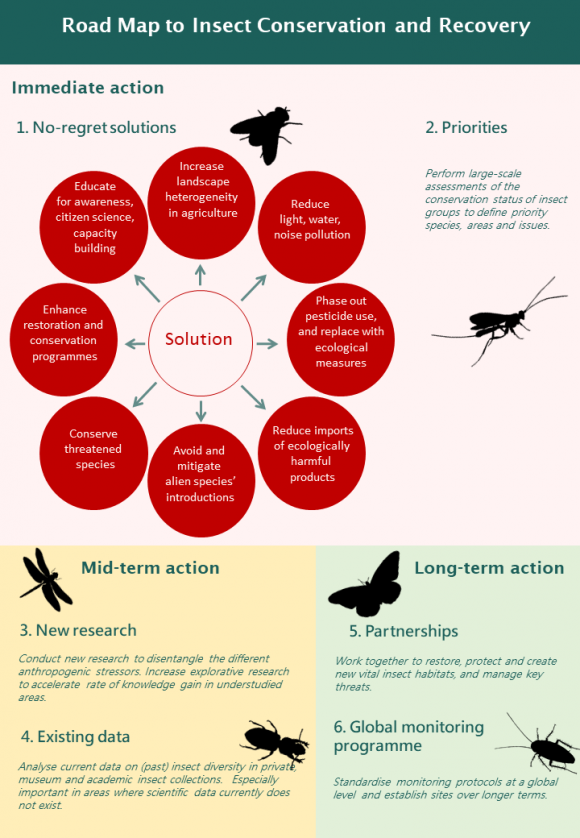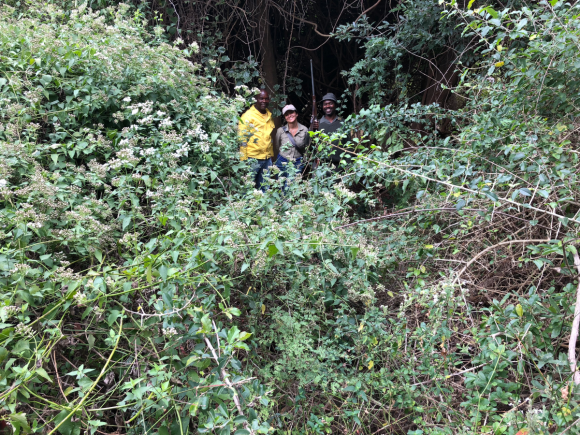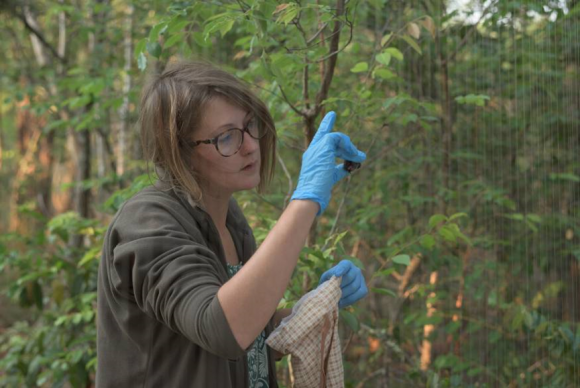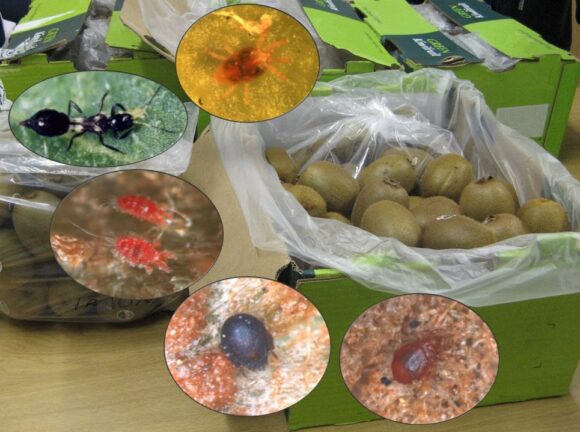Much of the world’s ecosystems require diverse and abundant insect communities to function, yet conservation efforts, typically, overlook this widespread taxonomic group. For this reason, there is a clear need to identify threats and swiftly develop strategies to protect invertebrates.
A recent article in Nature Ecology & Evolution has put forward the call for the governments, researchers, and conservationists of the world to act now and address global insect declines. Led by Prof Jeffrey A. Harvey from the Netherlands Institute for Ecology, this article was co-authored by 73 researchers; which included Dr James Baxter-Gilbert from the Centre for Invasion Biology (C·I·B) at Stellenbosch University.
Insects are the most species diverse group of animals and play a principal role in ecosystem function as herbivores, detritivores, parasitoids, predators and pollinators. They are vital to human food production, with many species pollinating crops and acting as biological pest control. Despite these roles, recent research has identified that up to 40% of all insects are threatened with extinction – which jeopardises both the natural world and human persistence.
For this very reason, the authors have devised a roadmap for global insect conservation, including a list of immediate ‘no regret’ steps to be taken, as well as medium- and long-term actions. These no-regret actions address threats that we know impact insect communities, or are likely to, and will additionally have an ecological benefit if properly addressed; meaning that these actions will either directly or indirectly benefit insects and ecosystems alike.
The threats facing insect populations are vast and diverse and the spread of invasive species has been associated with invertebrate declines. As such, understanding the role that invasive species play in insect declines, as well as the mechanisms that allow invasives to spread and persist, are paramount if we are to prevent further insect diversity loss. As such, the work on invasive flora and fauna that the C·I·B undertakes will no doubt further our abilities to assist in insect conservation into the future.
“In the face of global biodiversity loss, conservation actions are needed more than ever. Yet, if we are to protect the typical conservation target species – the vertebrates, the fuzzy or feathery ones, all the individual favourite charismatic species each one of us has, then we must first protect the insects as they shoulder the burden of so much ecological function that allows the rest of life to persist” says Dr James Baxter-Gilbert.
This is not simply for those enamored with entomology. “There is now a strong scientific consensus that the decline of insects, other arthropods, and biodiversity as a whole, is a very real and serious threat that society must urgently address” writes Prof Jeffrey A. Harvey (et al.), “we should not wait to act until we have addressed every key knowledge gap… We must act now.”
Read the paper in Nature Ecology & Evolution
For more information, contact Dr James Baxter-Gilbert at jbg@sun.ac.za
Other media coverage:
- The Guardian – Urgent new ‘roadmap to recovery’ could reverse insect apocalypse.
- Cosmos – Global roadmap to insect recovery: International researchers urge a suite of conservation measures. https://cosmosmagazine.com/biology/global-roadmap-to-insect-recovery
- European Scientist – Scientists lay down a ‘roadmap to recovery’ for reversing the ‘insect apocalypse’. https://www.europeanscientist.com/en/environment/roadmap-to-recovery-for-reversing-declining-insect-numbers/
- RNZ – Call for action on decline of insects: ‘Without them we’d be in big trouble’. https://www.rnz.co.nz/news/national/407841/call-for-action-on-decline-of-insects-without-them-we-d-be-in-big-trouble

Roadmap to insect conservation and recovery, calling for action at short-, intermediate- and long-term timescales. No-regret measures for immediate utilization in insect conservation refer to actions that should be implemented as soon as possible. These solutions will be beneficial to society and biodiversity even if the direct effects on insects are not known as of yet (that is, no-regret solutions). This encompasses utilization of insect-friendly techniques that are effective, locally relevant and economically sound, for example, in farming, habitat management and urban development



